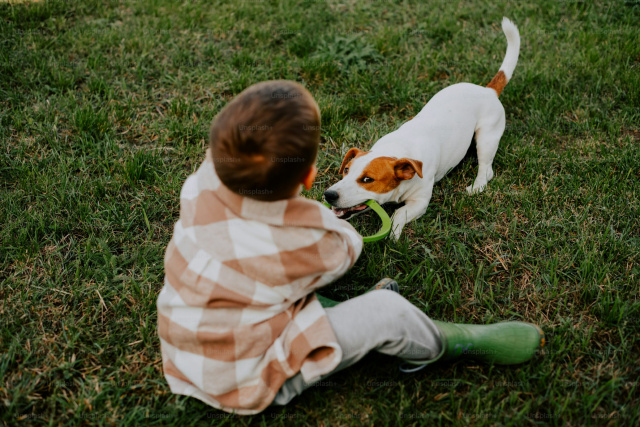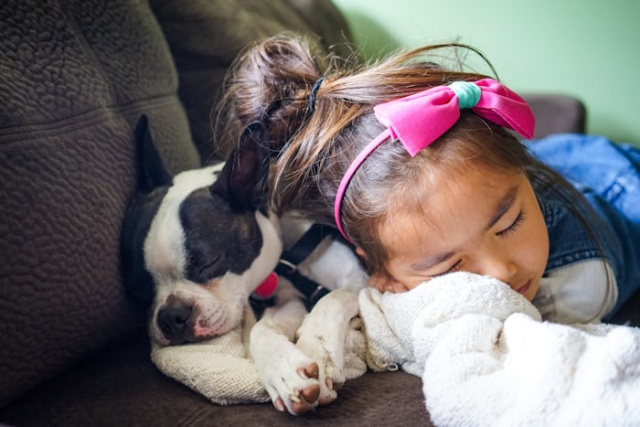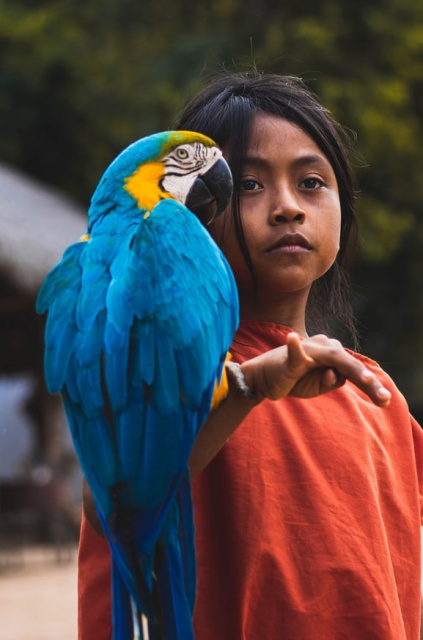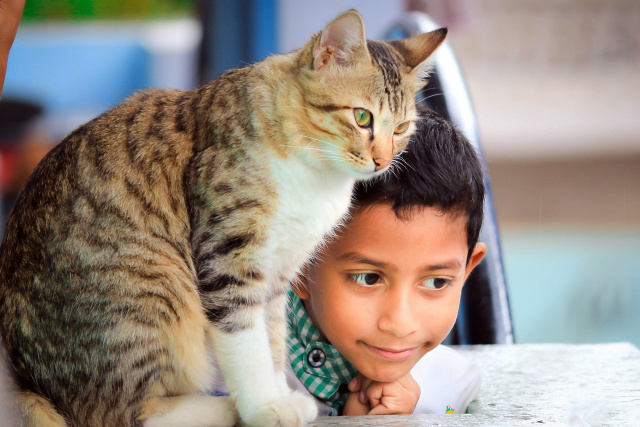PET EUTHANASIA INFO
Help for pet parents in preparing for a peaceful, pain-free euthanasia — Help and support in taking action if a bad euthanasia of a pet has occurred — A request for help in reforming the practice.

Life is meaningful because it is a story. Both a story and a life depend crucially on how it ends. In stories, endings matter.
- Atul Gawande, Being Mortal: Medicine and What Matters in the End
From: Pharmacological Methods: An Update on Optimal Presedation and Euthanasia Solution Administration
Welcome!
THIS WEBSITE IS FOR: you, as witness of euthanasia gone wrong, and you, if you’re considering or planning euthanasia and want do all you can to keep it from going wrong.
To provide information, resources and referrals to help pet caregivers in ensuring a peaceful, respectful and painless euthanasia experience for their pets, themselves, and any others affected or involved. Also to assist and encourage the reporting of bad pet euthanasia, and to help reform the euthanasia education of the profession with the goal of all pet euthanasia being perfect, as defined below.
(For credits, click on or tap photo.)
Another purpose of this website is to offer an explanation for the improper naming as “euthanasia” procedures which increase any distress and/or pain a patient may have felt before they began, even though those procedures may have resulted in deaths that were far from what could be called a “good” or “peaceful”, which are the two primary hallmarks of euthanasia worthy of the term. If you and your companion animal experienced this type of incident, you may yet be very bewildered, confused or even shocked about how and why this could occur, just as I and many others have been.
To begin, the following quote is offered
“The American Veterinary Medical Association’s Guidelines for the Euthanasia of Animals rightly defines euthanasia as a “good death.” But the Guidelines make all kinds of exceptions for situations in which the inhumane killing of animals – a very bad death – may be considered “euthanasia.”
From: “Understanding Euthanasia: When Life and Words Become Worthless”
By Karen Davis and Barbara Stagno
a mild or indirect word or expression substituted for one considered to be too harsh or blunt when referring to something unpleasant or embarrassing. (Google Dictionary)
Death; noun
the action or fact of dying or being killed; the end of the life of a person or organism. (Google Dictionary)
As the following quote states, it’s very difficult, if not impossible, to achieve change or reform when its object is described improperly through the use of euphemism.
“We argue that the widespread use of euphemisms by many conservation biologists, conservation journals, and conservation biology course materials undermines our effort to evoke caring in others for life on Earth and even to care for ourselves.”
From: "Caring, Killing, Euphemism and George Orwell: How Language Choice Undercuts Our Mission." By David Johns & Dominick A DellaSala
This article was originally published in the journal, Biological Conservation. It was republished by Karen Davis, PhD, United Poultry Concerns who generously secured use permission from author, David Johns.
Perhaps you now better understand how and why bad “euthanasia”, or dysthanasia (see definition below) can occur, as well as why it’s important to describe deaths that were traumatic or unpleasant as dysthanasia if their occurrence is to be ended or even reduced in frequency.
WARNING!:
If you are among any potential clients who may assume that pet euthanasia is a long settled, well researched procedure adopted throughout the profession and that the danger of anything going wrong is insignificant, you may benefit from hearing that nothing has been found to indicate that’s true. But even if it was true, any pet euthanasia can result in an increase in any emotional or mental distress or physical pain that a patient may have felt before the euthanasia began, because each euthanasia presents a unique set of circumstances and because each patient is a unique individual. This can occur even during euthanasia performed by experienced professionals with the latest, most up-to-date certification and training.
DEFINITIONS: (In relation to pets or animals.)
ATROCITY; an extremely wicked or cruel act, typically one involving physical violence or injury. Google Dictionary
EUTHANASIA; The practice of intentionally ending a life in order to relieve pain and suffering. The word "euthanasia" comes straight out of the Greek -- "eu", goodly or well + "thanatos", death = the good death. MedicineNet.com
"IN VETERINARY MEDICINE, euthanasia means to end life painlessly." (From "Euthanasia and Thanatology in Small Animals", in the "Journal of Veterinary Behavior".)
COMPANION ANIMAL EUTHANASIA; the entire procedure, including every step, beginning with the administration of any sedative at home prior to the arrival of the practitioner for a home euthanasia or such administration prior to departure for the facility where it’s to be completed. Exception to this definition can occur in cases of emergency euthanasia or when client and practitioner agree that a euthanasia procedure is to consist of fewer steps, such as when they agree to attempt a direct intravenous lethal injection that is to be free of distress or pain without sedation.
PERFECT PET EUTHANASIA; A procedure that results in the intended death of any animal that served primarily as companion and is completely free of any sign of increase in any emotional or mental distress or physical pain that may have existed before the euthanasia began.
DYSTHANASIA; in veterinary medicine, a euthanasia attempt which causes distress and/or pain in addition to that which may have previously existed...a “bad death”. (dysthanasia; from the Greek: δυσ, dus; "bad, difficult" + θάνατος, thanatos; "death": from Wikipedia)
CAREGIVER; Provider of care such as feeding, watering, and medicating, when an animal or pet is home or in its territory.
______
Quote of the Week: About Animals, Spoken by Animals
Add your own to these inspiring and thoughtful words about animal companions!
Eleven commemorative days for animals are featured this week. Monday, April 21 is National Pet CBD, Tuna Rights and World Curlew Day, Tuesday, the 22nd is National Parvo Awareness Day, Wednesday, the 23rd is National Lost Dogs Awareness and Pet CPR Day, Thursday, the 24th National Pet Care for All Day, Friday, the 25th is World Penguin and National Hairball Awareness Day and Saturday, the 26th is National Go Birding and National Kids and Pets Day. Animal Cruelty/Human Violence Awareness and World Laboratory Animal Liberation Week begin Monday, the 22nd. National Scoop the Poop Week is the 23rd through the 29th.
“The future of our children and their ability to show compassion toward animals and each other, depends on us, to give them the skills necessary to make the world a better, kinder place to live."
For: National Kids and Pets Day
Please feel free to interact on this website and help out with this vitally important cause! Check out all the links in the site menu and feel free to share your story, suggest helpful resources, etc. Thank you for your participation and contributions!









